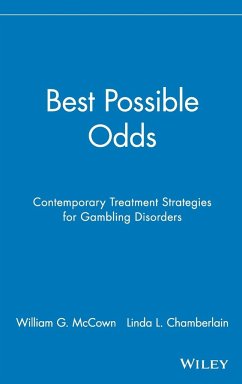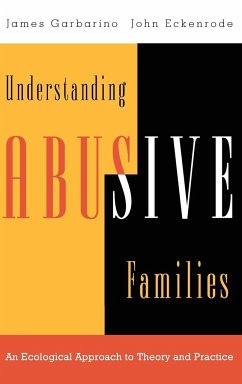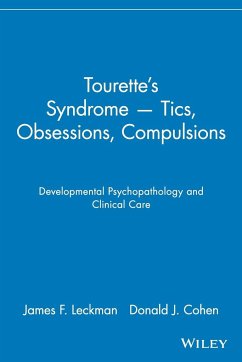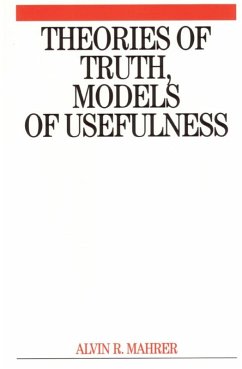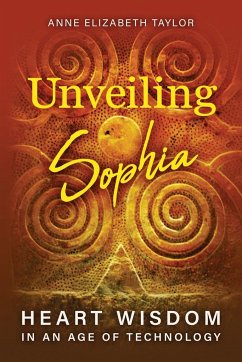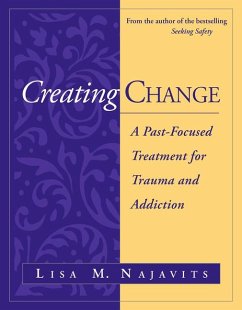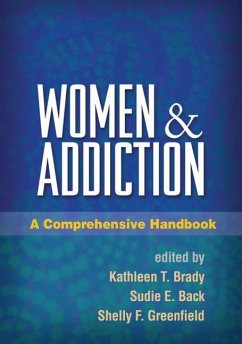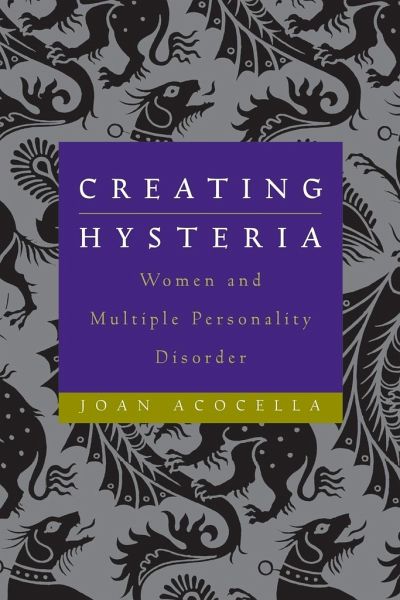
Creating Hysteria
Women and Multiple Personality Disorder
Versandkostenfrei!
Versandfertig in über 4 Wochen
24,99 €
inkl. MwSt.

PAYBACK Punkte
12 °P sammeln!
In 1989 Elizabeth Carlson, a Minneapolis housewife, went to a psychotherapist for help with depression. Before long the therapist suggested to her that perhaps her problem was actually multiple personality disorder (MPD), a condition that according to the "experts" was connected to childhood abuse. With coaching from the therapist-and under heavy medication-Carlson soon came up with more than twenty-five personalities, including Wild Child, Sister Mary Margaret, and Little Miss Fluff. Horrifying abuse memories invaded her consciousness. She had been molested, she said, by her parents, her gran...
In 1989 Elizabeth Carlson, a Minneapolis housewife, went to a psychotherapist for help with depression. Before long the therapist suggested to her that perhaps her problem was actually multiple personality disorder (MPD), a condition that according to the "experts" was connected to childhood abuse. With coaching from the therapist-and under heavy medication-Carlson soon came up with more than twenty-five personalities, including Wild Child, Sister Mary Margaret, and Little Miss Fluff. Horrifying abuse memories invaded her consciousness. She had been molested, she said, by her parents, her grandparents, her great-grandparents. Her family was part of a satanic cult. They raped and killed. They aborted babies and ate the afterbirth. Or did they? In Creating Hysteria Joan Acocella tells how, over the past three decades, thousands of women seeking help for various psychological problems were told that they had multiple personality disorder and were sucked into this nightmarish therapy. In session after session, under their therapists' prompting, they produced "memories"-and screaming reenactments-of childhood victimization. Asked to search within themselves for hidden personalities, they came up with entire squadrons: children, harlots, angels, devils. Prior to the 1970s, multiple personality disorder was considered an exotically rare condition. But beginning in the 1980s, an estimated 40,000 people, most of them women, had been initiated into this newly popular disorder. This groundbreaking book describes how a group of reckless therapists used hypnosis, drugs, and sheer persuasion to mold their patients' symptoms into multiple personality disorder. While these practitioners were publishing books and running workshops on how to "spot" MPD, the patients were languishing in hospitals--in some cases for years. They sacrificed their marriages, their jobs. Some even lost their children. Creating Hysteria analyzes the forces that fed into the MPD epidemic: media sensationalism, Christian fundamentalism, the culture wars, and feminism. (Though ruinous to women, this diagnosis was endorsed by many feminists.) Money was another factor. MPD, the experts said, took years to cure. An MPD diagnosis was one way of getting around the new restrictions placed on psychotherapy by managed care. Eventually, victims of this cruel hoax discovered what had happened to them and began suing their therapists. As a result, the MPD empire is now crumbling. In her brilliant concluding chapters, Acocella describes the damage this bizarre craze did to the profession of psychotherapy, to the child-protection movement, and to women's rights. The patients ultimately triumphed, but the wreckage will take years to clear away. Manufactured Epidemic: The True Story of MPD From 1985 to 1995 an estimated 40,000 Americans, most of them women, were told they suffered from multiple personality disorder. Feminists, fundamentalists, and a substantial portion of the mental health community endorsed this "Sybil-ing" of America. Sensation-seeking television talk shows took up the MPD rallying cry. In Creating Hysteria, Joan Acocella tells a riveting tale of therapists betraying their patients, of a psychotherapy profession at war within its own ranks, and finally of expatients rising up and putting an end to the MPD scandal. "Creating Hysteria exposes one of the most frightening mental roller coaster rides taken by thousands of people in modern times. Joan Acocella brilliantly illuminates how the mental health profession spearheaded, perhaps inadvertently, a fin-de-siècle hysteria, the fallout from which will take us into the next millennium. Anyone who has ever been interested in mental health should read this book." --Elizabeth Loftus, president, American Psychological Society "A remarkable exposé of an embarrassing and mischievous epidemic instigated by a small group of 'multiple personality' proponents. This book provides ample warning for patients and therapists alike." --Herbert Spiegel, psychiatrist, expert on "Sybil" case "Multiple personality disorder is both fascinating and sad, but the story of its recent social evolution is deeply disturbing. Creating Hysteria tells a gripping tale that will captivate anyone interested in the pathology of the human mind and the cultural forces that shape it." --Daniel L. Schacter, professor and chair of psychology, Harvard University "As Acocella makes devastatingly clear, MPD was a disease essentially created by unethical or incompetent therapists and imposed upon their vulnerable female patients. Creating Hysteria tells a sorrowful, infuriating story that compels and deserves attention." --Wendy Kaminer, public policy fellow, Radcliffe College






